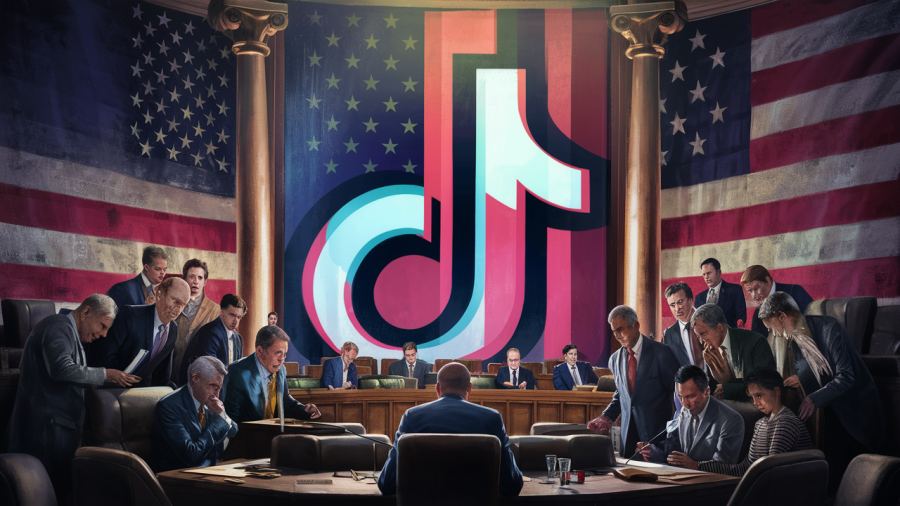Google TV is the first major test to determine how cloud computing changes television.

For years we have seen the dichotomy between television and the Internet. In the earlier years, television had scale. The Internet did not.
But now we are in a different era. The massive scale of the cloud now has the power to displace the signal as the way movies, television shows and other forms of media get delivered to the home.
According to the Los Angeles Times, that has Hollywood a bit concerned. But we wonder if the concern is really merited. Technology is ubiquitous and no one company has a lock on innovation.
What Google TV demonstrates is more than just the disruption of the television market. It’s a clear example of the media industry and the software market rolling into an interface that crosses television, the Web and mobile devices.
It represents the next generation of the distributed living room and the rise of a mass culture that has come to prize the eccentricities of individual creative works and the traditional, comforting forms of standard entertainment.
And it’s not just Google. This new interface culture is an ecosystem of analytics providers, collaboration technologies and social Web applications. These forces are converging to create new experiences that transform the ways we view television, the Web and mobile media.
We are reminded of how this change is occurring in recent conversations with analytics providers such as IBM. Google may be seen as this force that is frightening for Hollywood. But current analytics capabilities already affect how media companies approach the programs they produce.
RTL is a Netherlands media company that uses IBM predictive analytics to measure feedback from the social Web. The analytics provided RTL with the ability to adapt its programming. For example, RTL monitored the sentiment of 71,000 conversations about one of its shows. It provided the capability to measure attitudes and adapt how they presented the program. Viewers in turn participated more and rewarded the show with a 400% increase in online activity. Through analytics, RTL has adapted to a new interface that spans the Web, mobile and traditional television.
It’s the interface that matters most in this new world. Google may seem like this giant force that can’t be challenged. Its technology being so overwhelming that Hollywood can’t possibly compete.
Hollywood is defeating itself if it falls victim to behavioral economics. It is already showing signs that it is more concerned about protecting what it has more than exploring a new medium. That approach will only make it more susceptible to obsolescence.
The cloud changes television in any number of ways. New genres will emerge. Artists will create new ways for us to interact.
Google sees an open-sourced model that allows for a new generation of apps. It’s a smart way to go. But it’s obvious we are in a Google hype phase. Google is not the only one innovating. Set top boxes that connect to the Web will proliferate in the years ahead.
The winners will be the ones who behave like RTL and apply the benefits of the cloud and software to prosper in a new interface culture that is only just beginning to emerge.










